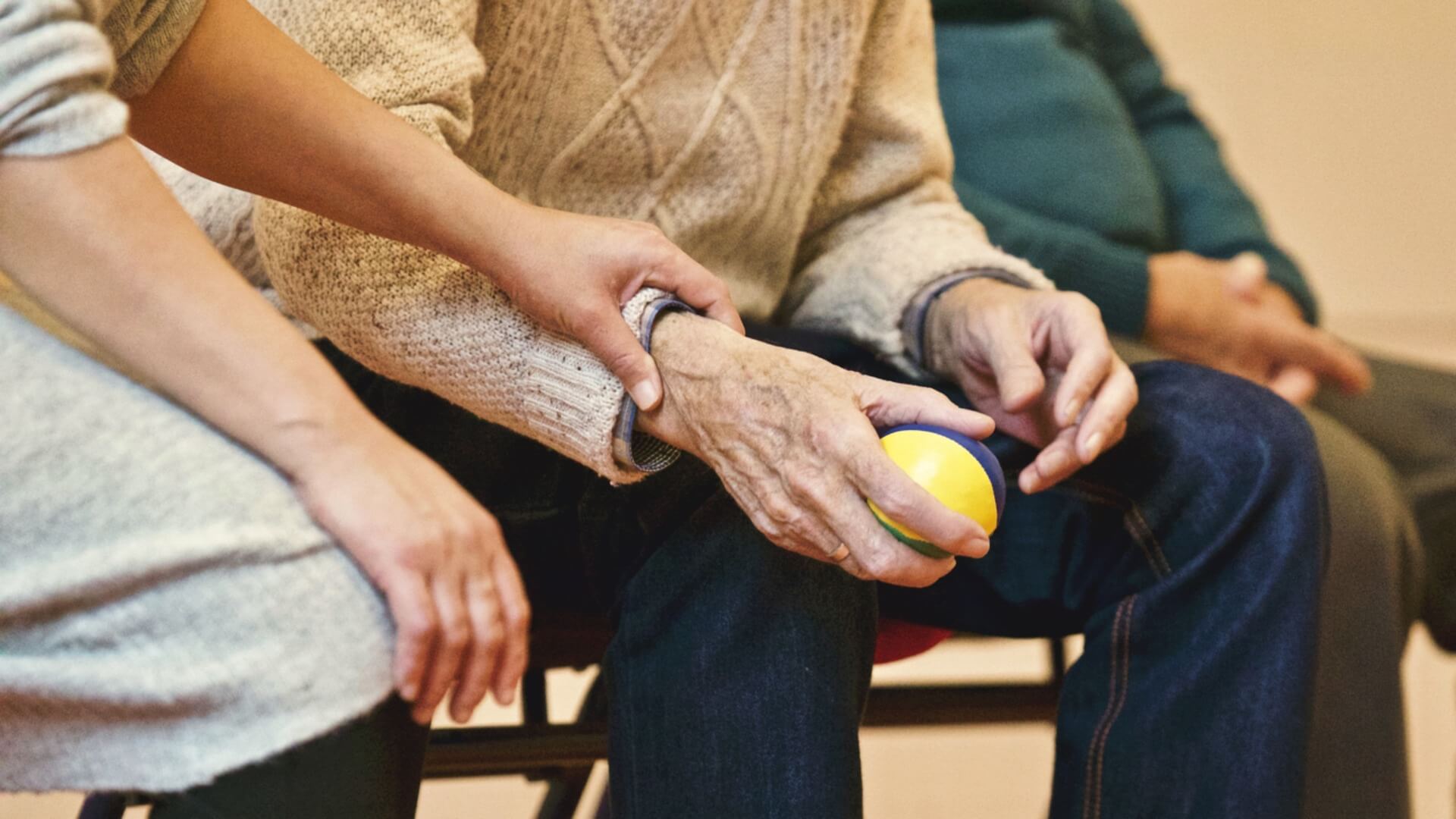It’s a simple conversation between sister and brother with the usual niceties. “How’s the weather by you? We’re in the middle of a heat wave.” “How are the grandkids? They look like they’ve grown so much!” “You look good, have you lost weight?” It’s nothing out of the ordinary except that the siblings are in their 80s and live half a world apart. My mother sits down to Skype with her brother in Poland every Tuesday afternoon. They know that although their days of transcontinental travel are probably over, technology like Facebook, Skype and FaceTime can keep them connected.
Seniors are utilizing social networking sites now more than ever, and as a result, are keeping depression at bay. Recent research from The Pew Internet & American Life Project’s Kathryn Zickuhr and Mary Madden, shows that:
- As of February 2012, one third (34%) of internet users age 65 and older use social networking sites such as Facebook, and 18% do so on a typical day.
- From April 2009 to May 2011, social networking site use among internet users ages 65 and older grew 150%, from 13% in 2009 to 33% in 2011 and
- Half of adults ages 65 and older are online.
Studies also show that “internet use contributes to the well-being of elderly Americans, and estimates indicate that Internet use leads to about a 20% reduction in depression.” It also allows the elderly to more easily age in place.
Programs such as Selfhelp’s Virtual Senior Center, an initiative between Microsoft, the NYC Department for the Aging, NYC Department of Information Technology and Telecommunications places “extremely-easy-to-use” touchscreen devices with integrated webcams into the homes of socially-isolated elderly New Yorkers to “create an interactive experience that reduces social isolation, promotes wellness, and provides better access to community services. The program allows participants to engage in activities like discussion groups, museum lectures, and music classes from the comfort of their own home.”
With so much opportunity for interaction, consider getting your senior online. Teach your caregiver how to help facilitate setup. Staying connected helps seniors access and communicate with loved ones and the outside world. In the process, you will help them lead a happier life.







